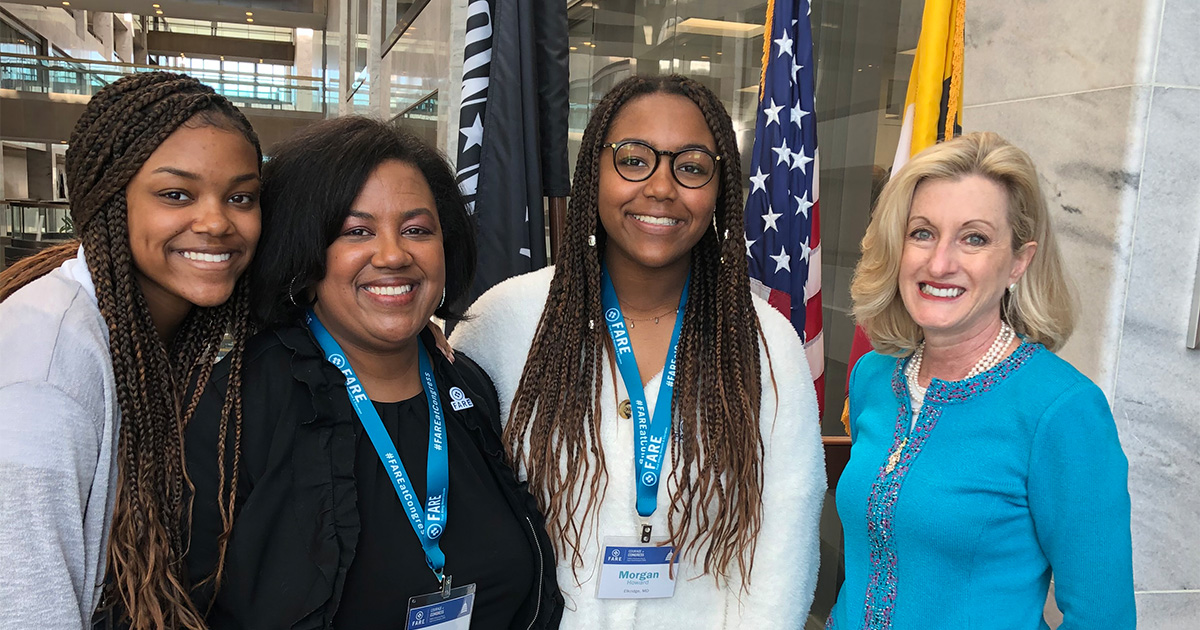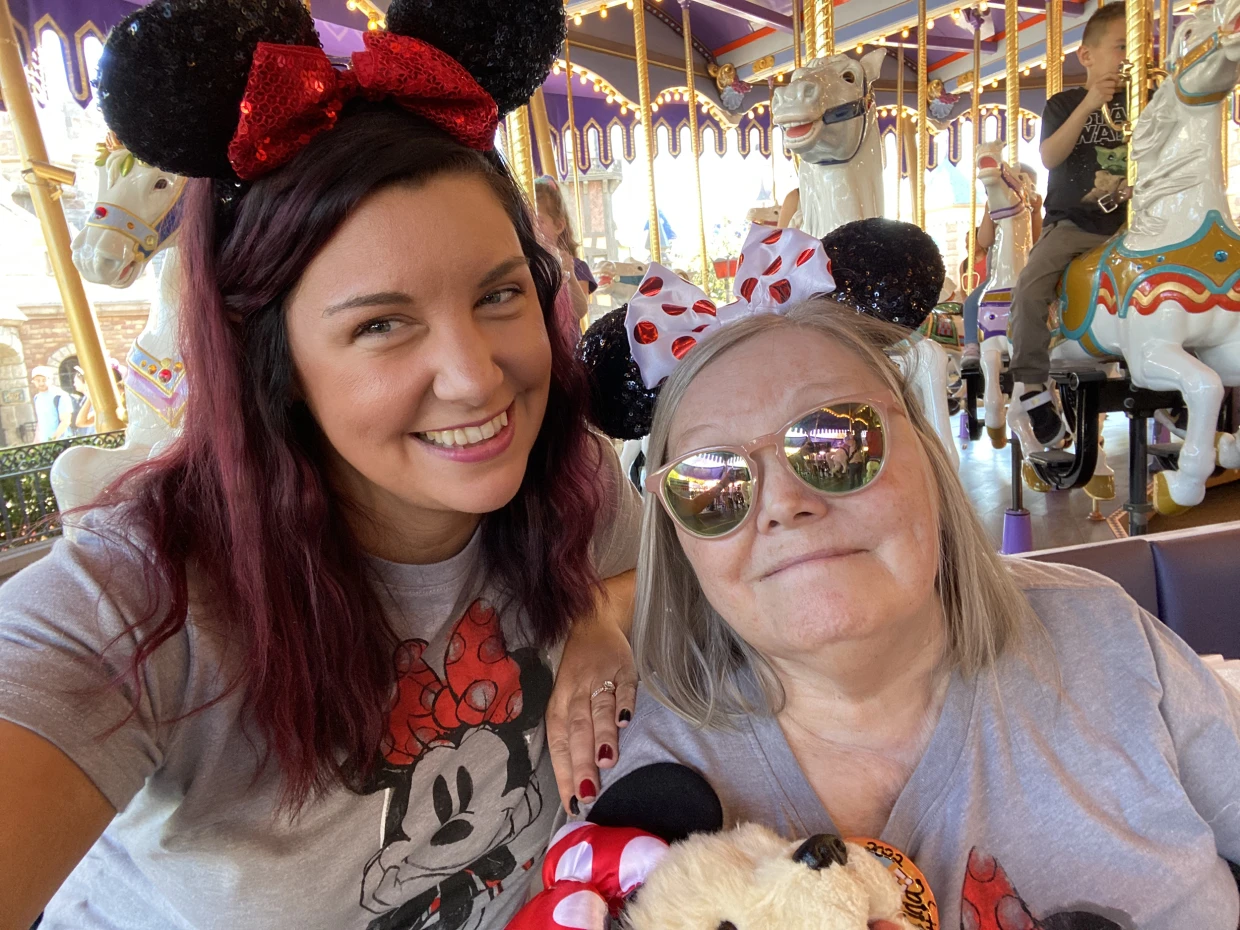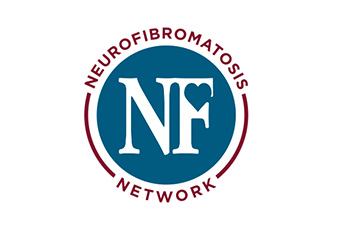Meet Tia Howard, a mom, caregiver, advocate, and Inspire Ambassador

As a parent, like many others, my mission is to love, support, and provide a safe environment for our children. That mission escalated to a higher level of vigilance as a caregiver when my daughter’s pediatrician warned that having eczema as a baby may also indicate a greater risk for asthma and food allergies.
When introducing solid foods, she was given a single flake of fish and her eyes became swollen and skin inflamed with rashes. Thankfully, the reaction subsided after a few minutes but we later confirmed a fish allergy. Months later, I noticed she was breathing heavily while freely playing with her sister. By the time my daughter was two years, she had eczema, multiple food allergies, and asthma.
There were very few peanut-free, tree nut-free labeled items in the grocery aisles; limited vegan and allergy-friendly products for the skin; a scarcity of packaged vegetarian/plant-based foods for consumption; and little understanding for the need of mandated research funding or existing substantive research, especially for food allergies and eczema.
Family support
Managing these conditions changed our lifestyle. All that cared for her—at school and her beloved grandparents—had extra epinephrine auto-injectors and kept hydrocortisone and other moisturizers on standby.
Her older sister, who became a natural protector, adjusted to avoiding eating favorite snacks around her and we changed to safe alternatives. When a sudden eczema flare up appeared, my oldest daughter became sensitive and supportive—as much as an older sister could be! These adjustments at home, school, travel, dining out, and daily life, led me to a path of health education and advocacy. I decided to further my knowledge and obtained a master’s degree in health communication, with a focus around her health conditions, nearly 10 years ago.
While working full-time, I often volunteered at classroom events, and shared resources with teachers, like Snack Safely, on ‘safe’ foods and non-food treat ideas, especially during holidays and Halloween. This emphasis later led to what we now know as the Teal Pumpkin Project. I’ll never forget when I was reading to her kindergarten class the book, “The Princess and Peanut Allergy,” my daughter came up to me with swollen eyes and a flare up around her neck, and said she was ready to go home. The reaction came from nowhere, triggered by pollen, followed by a doctor visit the same day. A quick classroom visit became a day off with a new hydrocortisone cream, antihistamines, and eye drops.
Caregiving life
Like many caregivers, I’ve had to pivot and prepare for unexpected challenges, such as allergic reactions and asthma attacks, and act swiftly through the years. This includes ER visits while struggling through understanding triggers and peak seasons for asthma, until finding the ‘right’ inhaler brand and other practices as she gets older. The scariest moment was just a year ago, when I had to administer her epinephrine auto-injector at home while she was having a food allergy reaction. There was an unknown, not clearly labeled allergen in the ingredients list of a boxed item.
I’ve also used my voice on behalf of others, while also raising both daughters to self-advocate and be empowered to speak up. While traveling in our home state when they were young, we were turned away from a restaurant because the manager was uncertain about their kitchen practices and risks of cross contamination in dealing with food allergies. After that experience, I wrote to our state representative about the experience and the need for better restaurant practices and training. Times have changed. Today, many restaurant servers will ask if anyone has food allergies, chefs may greet tables to share their practices, and restaurant menus tend to list allergens.
Mission expands to advocacy
That experience marked the impetus of continued advocacy, where I now volunteer on an Advocacy Committee for FARE (Food Allergy Research Education) to address legislative priorities and other initiatives. Three years ago, I participated in their first Courage at Congress Fly-In, and the Food Allergy Safety, Treatment, Education and Research (FASTER) Act was first introduced, which expands allergen labeling to include sesame and supported additional research. Signed into law in 2021, as of January 2023, sesame will be labeled on packaged foods, like the other top allergens.
The same Congressional representative who I contacted many years ago about the restaurant experience, was a co-sponsor of the FASTER Act, and is now a member of the Congressional Food Allergy Research Caucus.
Sharing resources, increasing awareness, and being a voice for others has been my passion for many years, and coincidently seems to be a factor in my career path. I frequently attend conferences for more in-depth knowledge in the food allergy, asthma, and eczema spaces, and most recently attended a conference this summer hosted by the National Eczema Association. Fostering a sense of normalcy while being aware of potential health risks for all of these health conditions is not an easy journey for my daughter; nor myself. It can bring moments of anxiety, uncertainty, and fears. I continue to learn and progressively understand on her behalf and on behalf of others.
When the 2015 Learning About Peanut Allergy (LEAP) Study was released, where pediatricians and allergists transformed recommendations to now introduce allergens early (e.g. peanuts), this significant change showcased the value of clinical studies and research. It gave a sense of hope in the continued efforts to understand food allergies for future generations.
However, the same issues around more research and funding remain; there are increasing disparities for all three health conditions—eczema, food allergies, and asthma, especially in the African American community; and more providers and general public education is needed. As both daughters experience young adulthood and enter college life, the mission of education and advocacy still continues. Always the allergymama.
November is National Family Caregivers Month, a time to raise caregiving issues, educate communities, and work to increase support. Remember to celebrate the caregivers in your lives!
Disclaimer
This content is for general informational purposes only and does not necessarily reflect the views and opinions of any organization or individual. The content should not be used as a substitute for professional medical advice, diagnosis, or treatment. Please consult your healthcare provider about any questions you may have regarding a medical condition.




